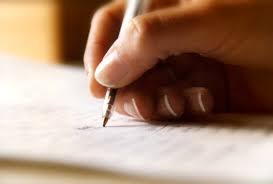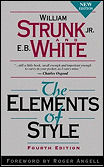It doesn't matter
what time of day you work, but you have to work every day because
creation, like life, is always slipping away from you. You must write
every day, but there's no time limit on how long you have to write.
One day you might read over
what you've done and think about it. You pick up the pencil or turn on
the computer, but no new words come. That's fine. Sometimes you can't go
further. Correct a misspelling, reread a perplexing paragraph, and then
let it go. You have re-entered the dream of the work, and that's enough
to keep the story alive for another 24 hours.
The next day
you might write for hours; there's no way to tell. The goal is not a
number of words or hours spent writing. All you need to do is to keep
your heart and mind open to the work.
WALTER MOSLEY
Read your work aloud! This is the best advice I can give. When you read aloud you find out how much can be cut, how much is unnecessary. You hear how the story flows. And nothing teaches you as much about writing dialogue as listening to it.
JUDY BLUME
Omit needless words. Vigorous writing is concise. A sentence should contain no unnecessary words, a paragraph no unnecessary sentences, for the same reason that a drawing should have no unnecessary lines and a machine no unnecessary parts. This requires not that the writer make all his sentences short, or that he avoid all detail and treat his subjects only in outline, but that every word tell.
WILLIAM STRUNK, JR. and E.B. WHITE


